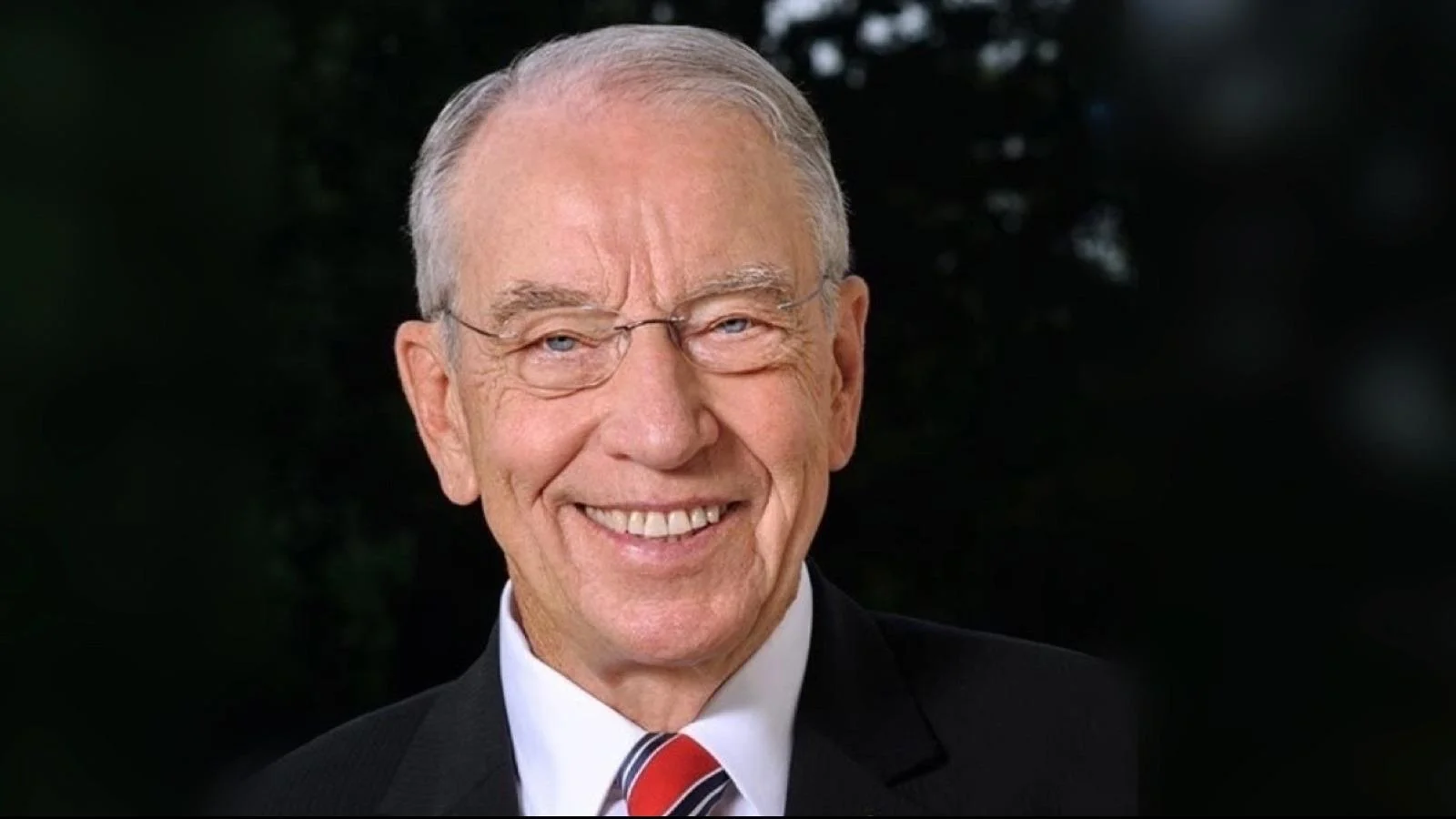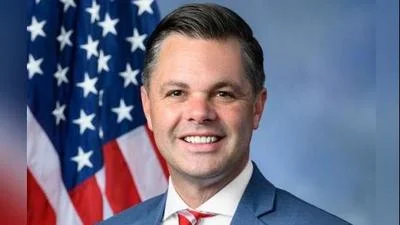Senator Chuck Grassley | Official U.S. Senate headshot
Senator Chuck Grassley | Official U.S. Senate headshot
Senator Chuck Grassley (R-Iowa), a member of the Senate Agriculture Committee, led more than 45 members of Congress in calling on the Environmental Protection Agency (EPA) to finalize a rule that would reduce Renewable Identification Numbers (RINs) for imported renewable fuels and maintain proposed biomass-based diesel volumes.
In a bipartisan letter sent to EPA Administrator Lee Zeldin, lawmakers argued that these actions would help ensure the Renewable Fuel Standard (RFS) continues to bolster American energy security and support U.S. farmers and domestic renewable fuel producers.
“At a time when many farmers are struggling to break even, all federal biofuels policies should prioritize domestic agriculture and biofuel production, not foreign fuels made from foreign feedstocks. Additionally, while farmers face the uncertainty of foreign market demand, the Import RIN reduction would provide essential support for the farm economy so farmers could sell more products domestically,” the members said.
The EPA's Set 2 proposal from June included record-high biomass-based diesel volumes and a 50% reduction in RINs for imported renewable fuels made from foreign feedstocks. Lawmakers highlighted that this approach aligns with congressional intent under the 45Z Clean Fuel Production Credit by prioritizing domestic feedstocks over imports such as Brazilian tallow or used cooking oil from China.
“The Import RIN reduction also aligns with congressional intent under the 45Z Clean Fuel Production Credit, which prioritizes domestic feedstocks. Aligning EPA's policy with this standard helps level the playing field for domestic feedstock and biofuel producers with imported feedstocks, such as Brazilian tallow and so called ‘used cooking oil’ from China, which would otherwise directly undercut U.S. energy, agriculture and manufacturing,” they continued.
The letter cited EPA analysis indicating that reducing import RINs could lead to job creation and economic growth in farming, transportation, and manufacturing sectors—especially benefiting rural communities where oilseed processing facilities are located.
Signatories included Senators Joni Ernst (R-Iowa), Amy Klobuchar (D-Minn.), Roger Marshall (R-Kan.), Elissa Slotkin (D-Mich.), Deb Fischer (R-Neb.), Todd Young (R-Ind.), Tina Smith (D-Minn.), Dick Durbin (D-Ill.), Pete Ricketts (R-Neb.), Michael Rounds (R-S.D.), Jerry Moran (R-Kan.) and Tammy Baldwin (D-Wis.). House members who signed included Reps. Mariannette Miller-Meeks, Ashley Hinson, Zach Nunn, Randy Feenstra—all Republicans from Iowa—as well as others representing Midwest states.
Organizations supporting the letter include the American Soybean Association, American Farm Bureau Federation, National Oilseed Processors Association, and National Sorghum Producers.
Grassley has been involved in establishing the RFS through his work on the Energy Policy Act of 2005. He has previously urged EPA officials to restore stability to biofuel markets by increasing required blending levels for advanced biofuels. According to Grassley’s office, recent EPA decisions have set these requirements below market conditions—a factor they say has contributed to biodiesel plant closures in Midwest states.






 Alerts Sign-up
Alerts Sign-up